Differences and similarities between words
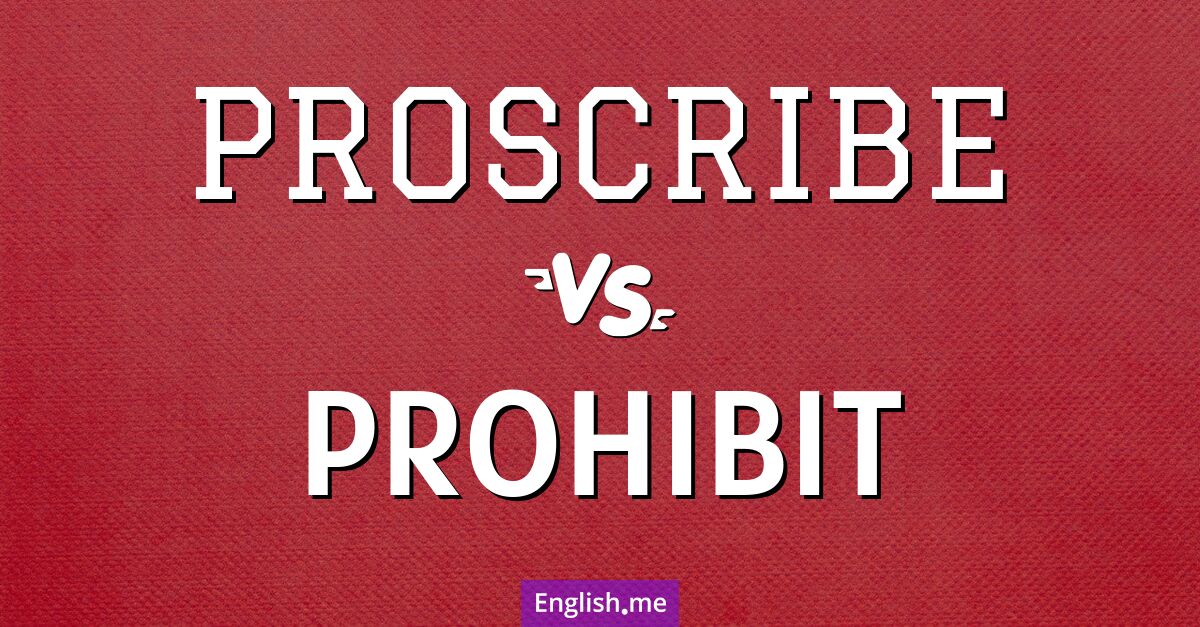
"Proscribe" vs. "prohibit": words that govern limits
"Proscribe" often implies banning something officially or condemning it, with ... Learn more →
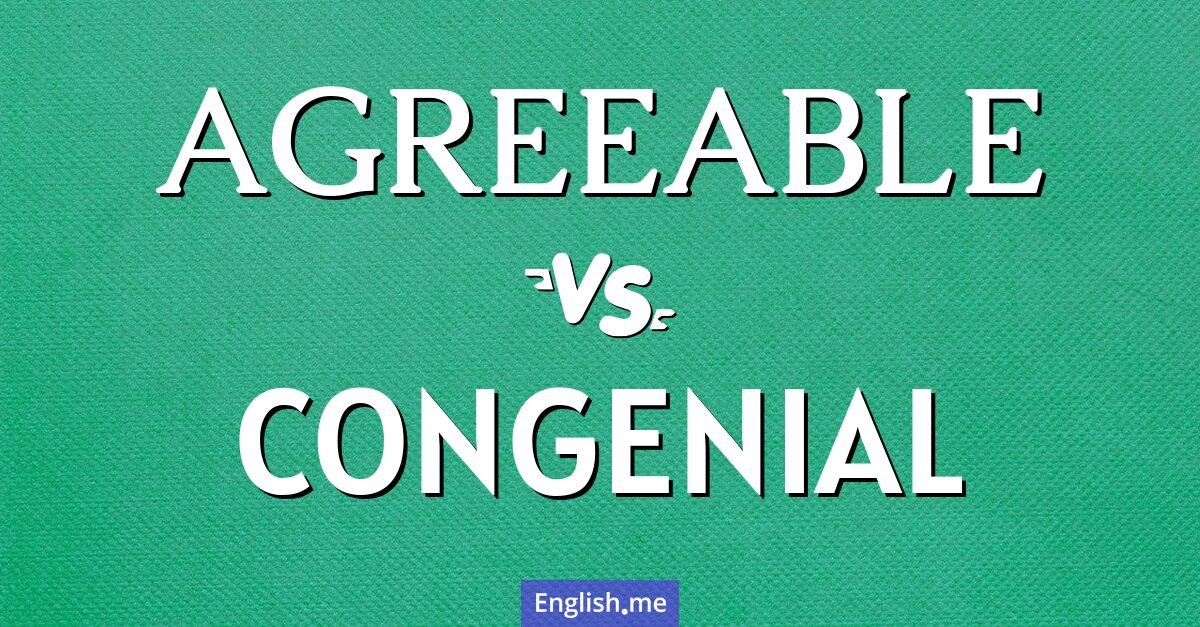
Balancing harmony: decoding "agreeable" vs. "congenial"
While "agreeable" often emphasizes being willing to agree or be ... Learn more →
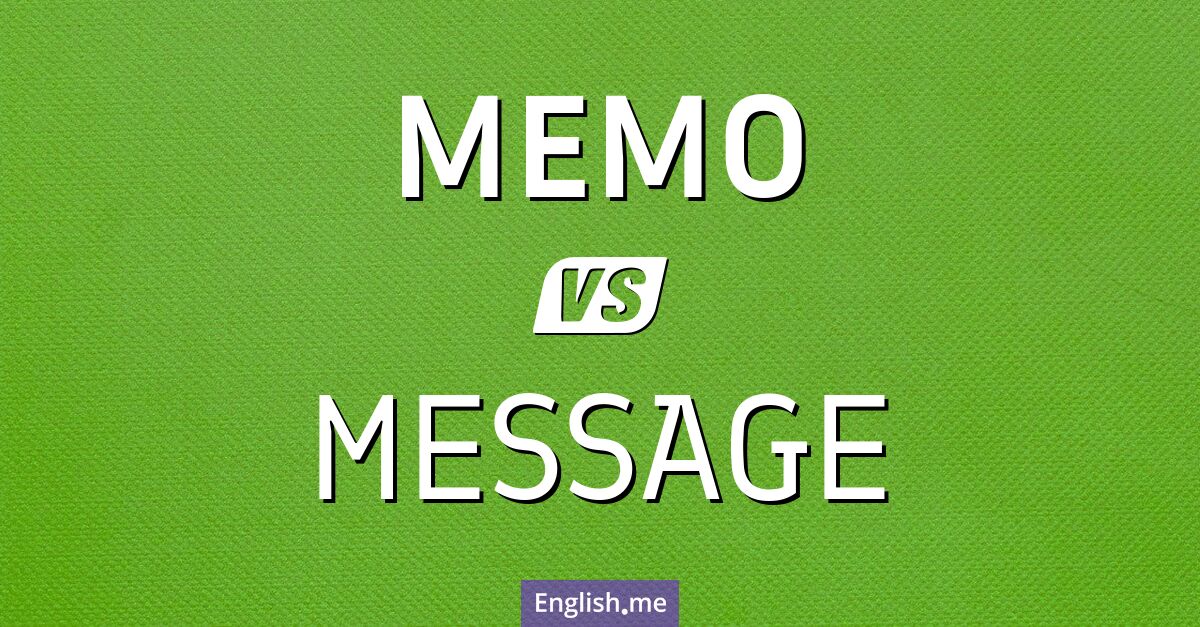
"Memo" vs. "message": the battle of conveying information
A "memo" is usually a formal internal document used within ... Learn more →
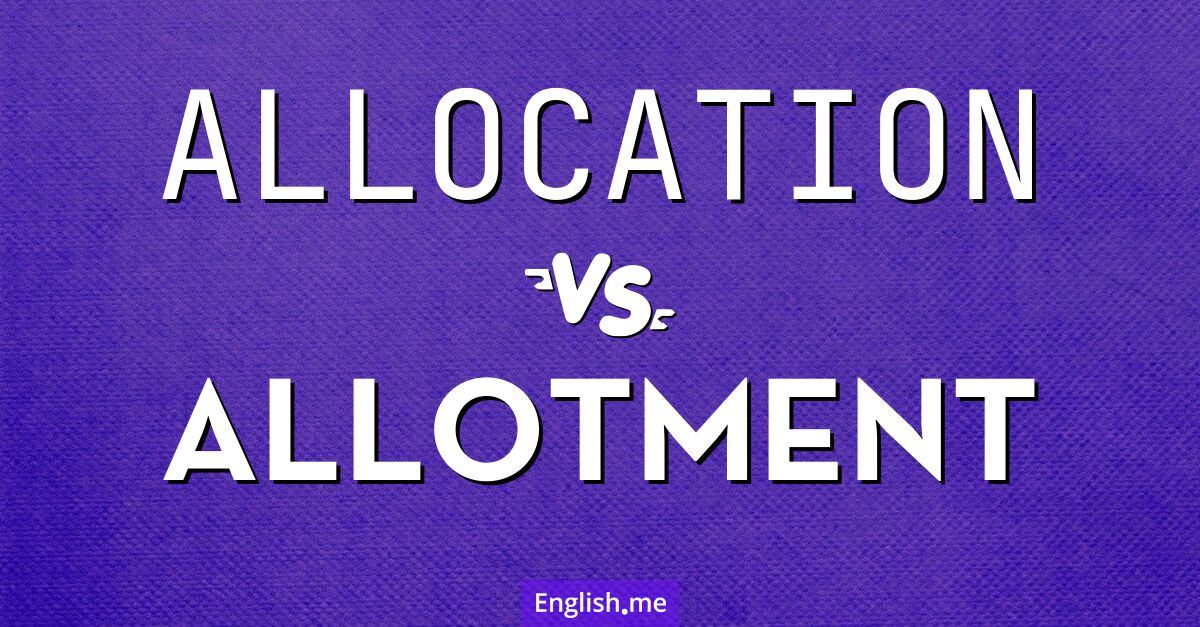
"Allocation" vs. "allotment": unpacking words of distribution
Allocation often refers to the process or act of distributing ... Learn more →
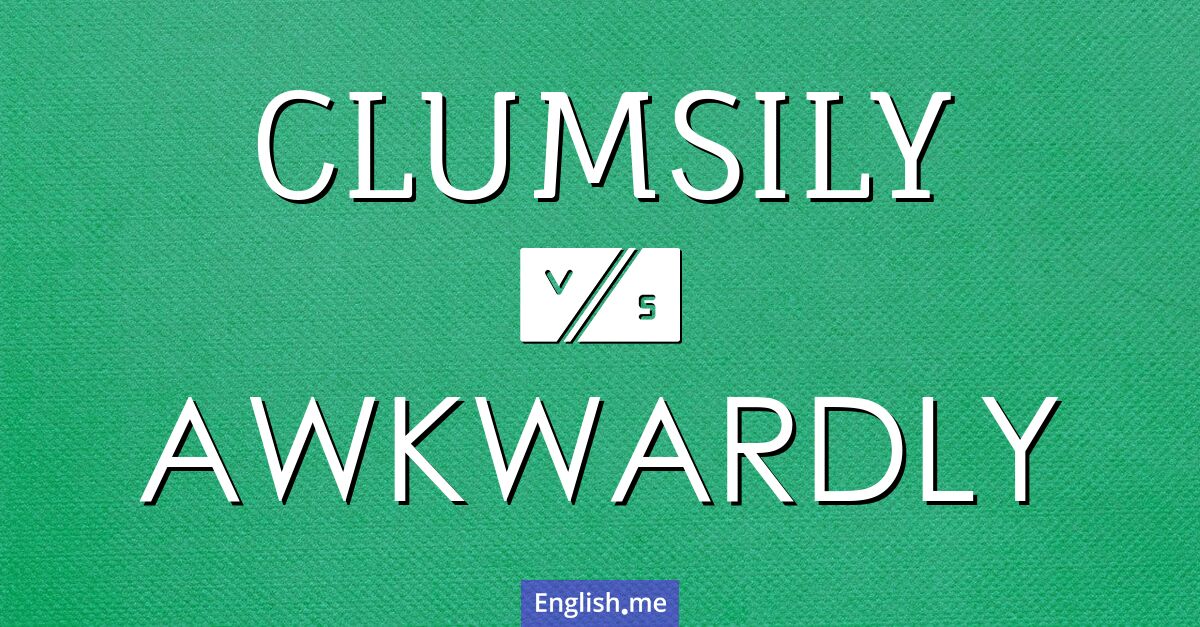
"Clumsily" vs. "awkwardly": a delicate dance of words
"Clumsily" often emphasizes physical ineptness or lack of coordination, while ... Learn more →
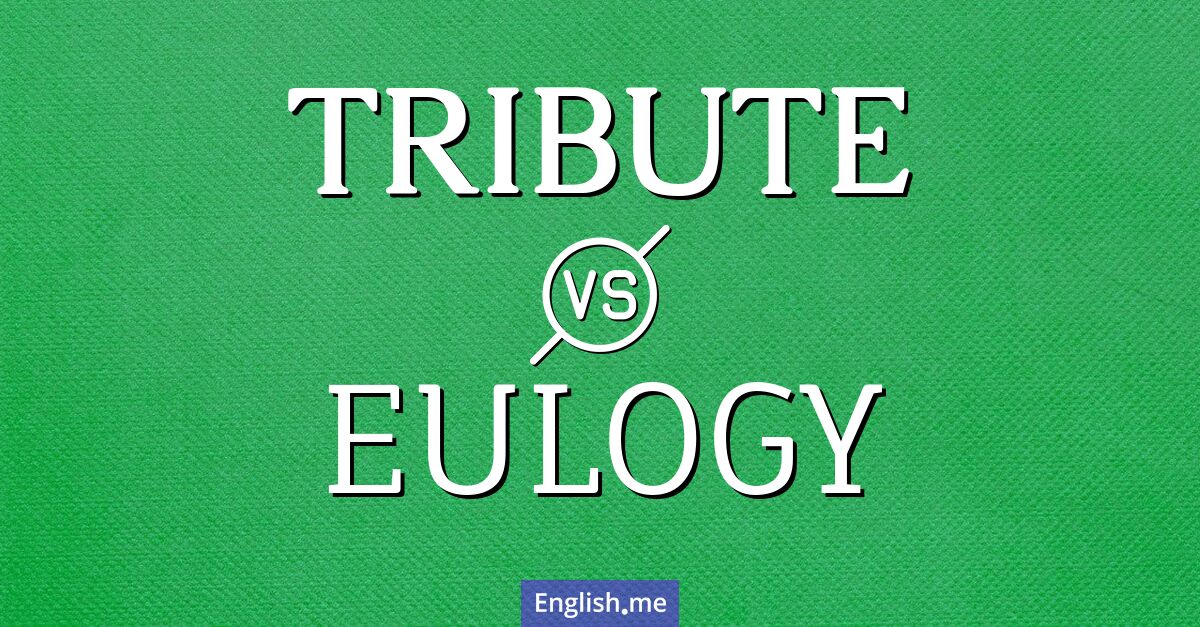
"Tribute" vs. "eulogy": celebrating life in words
A tribute can be for living or deceased individuals and ... Learn more →
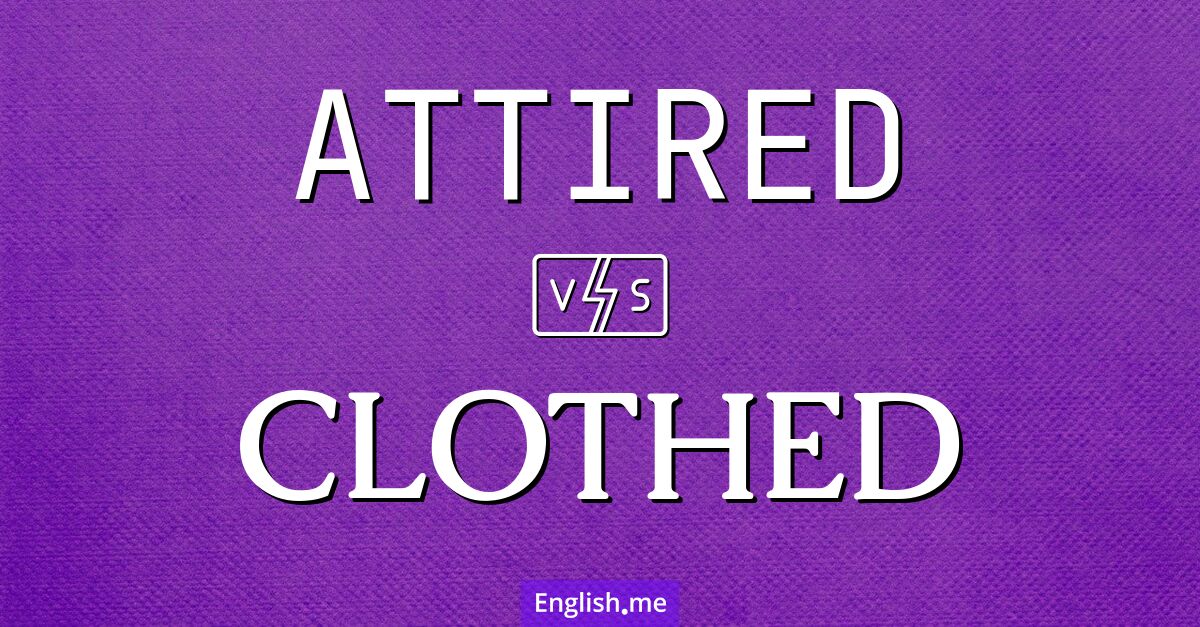
Dressing up words: exploring "attired" vs. "clothed"
Attired often implies a more formal or specific type of ... Learn more →
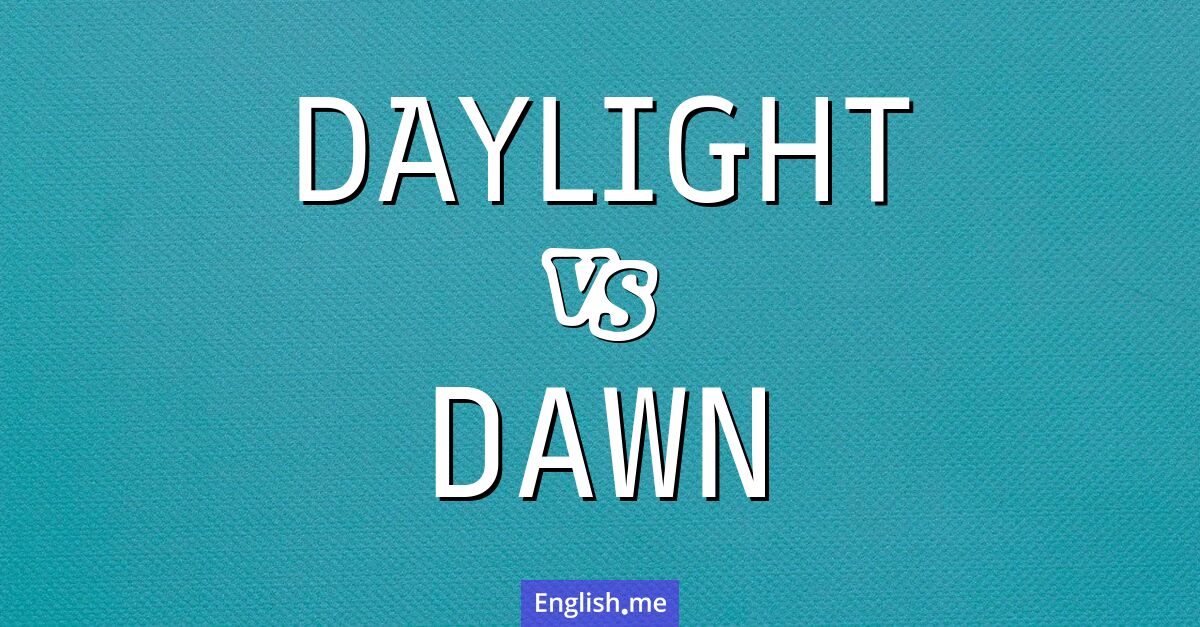
"Dawn" vs. "daylight": a light exploration
"Daylight" refers to the period in a day when there ... Learn more →
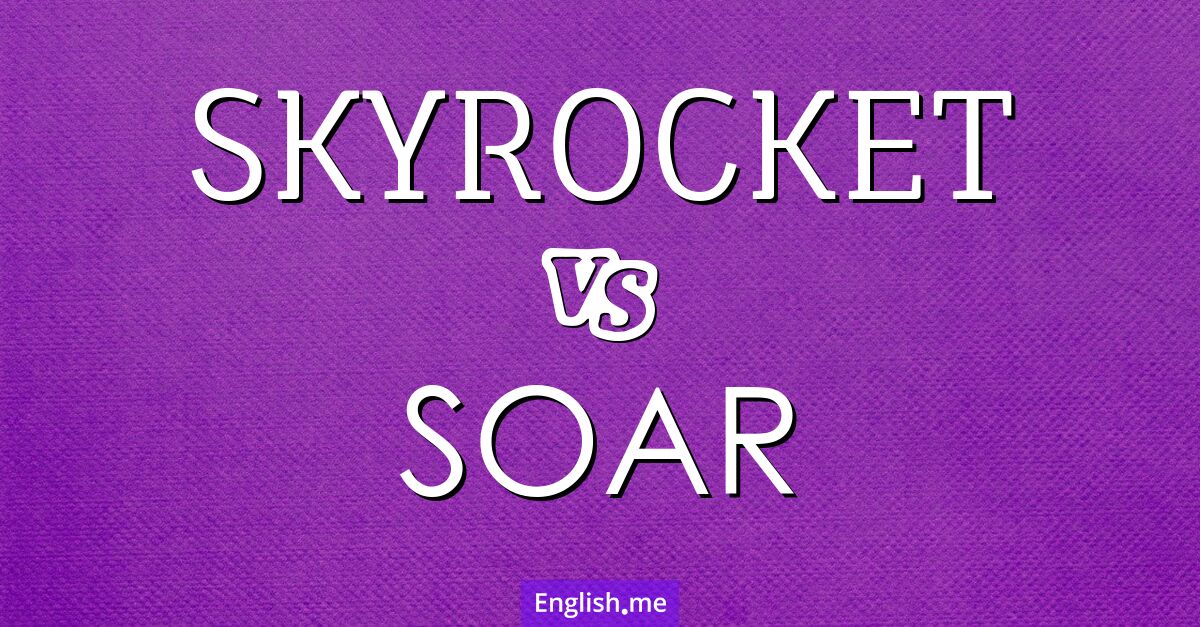
"Skyrocket" vs. "soar": words take flight!
"Skyrocket" suggests a sudden and dramatic rise, while "soar" implies ... Learn more →
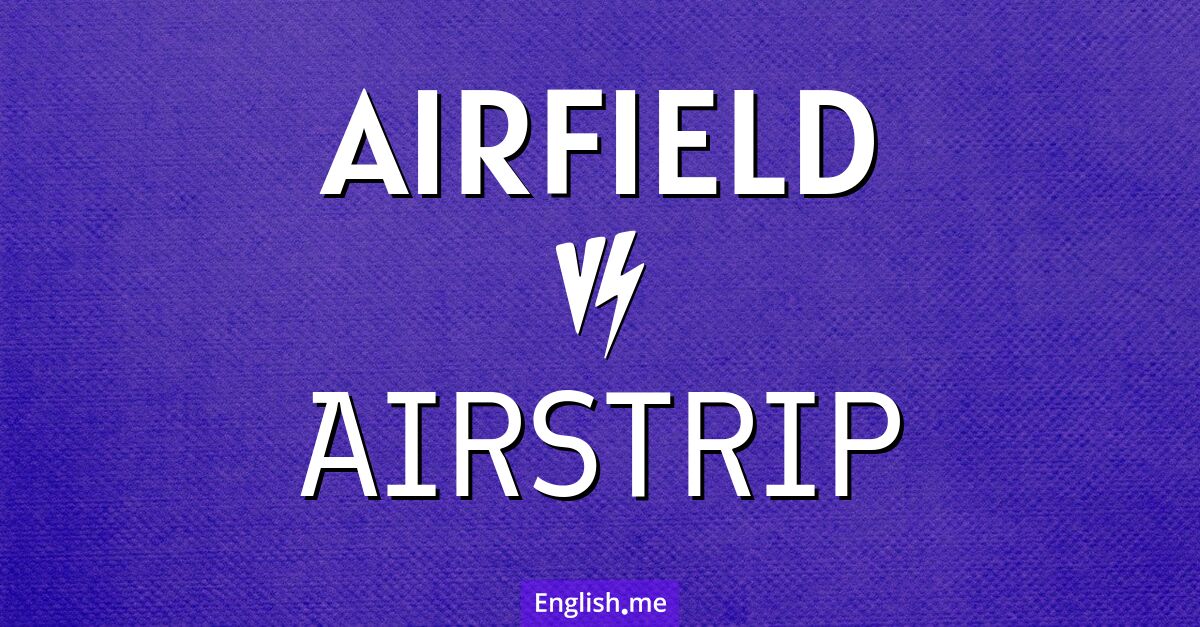
"Airfield" vs. "airstrip": a linguistic runway exploration
An airfield is a more general term that can refer ... Learn more →

 English
English español
español française
française italiano
italiano deutsche
deutsche 日本語
日本語 polski
polski česky
česky svenska
svenska Türkçe
Türkçe Nederlands
Nederlands